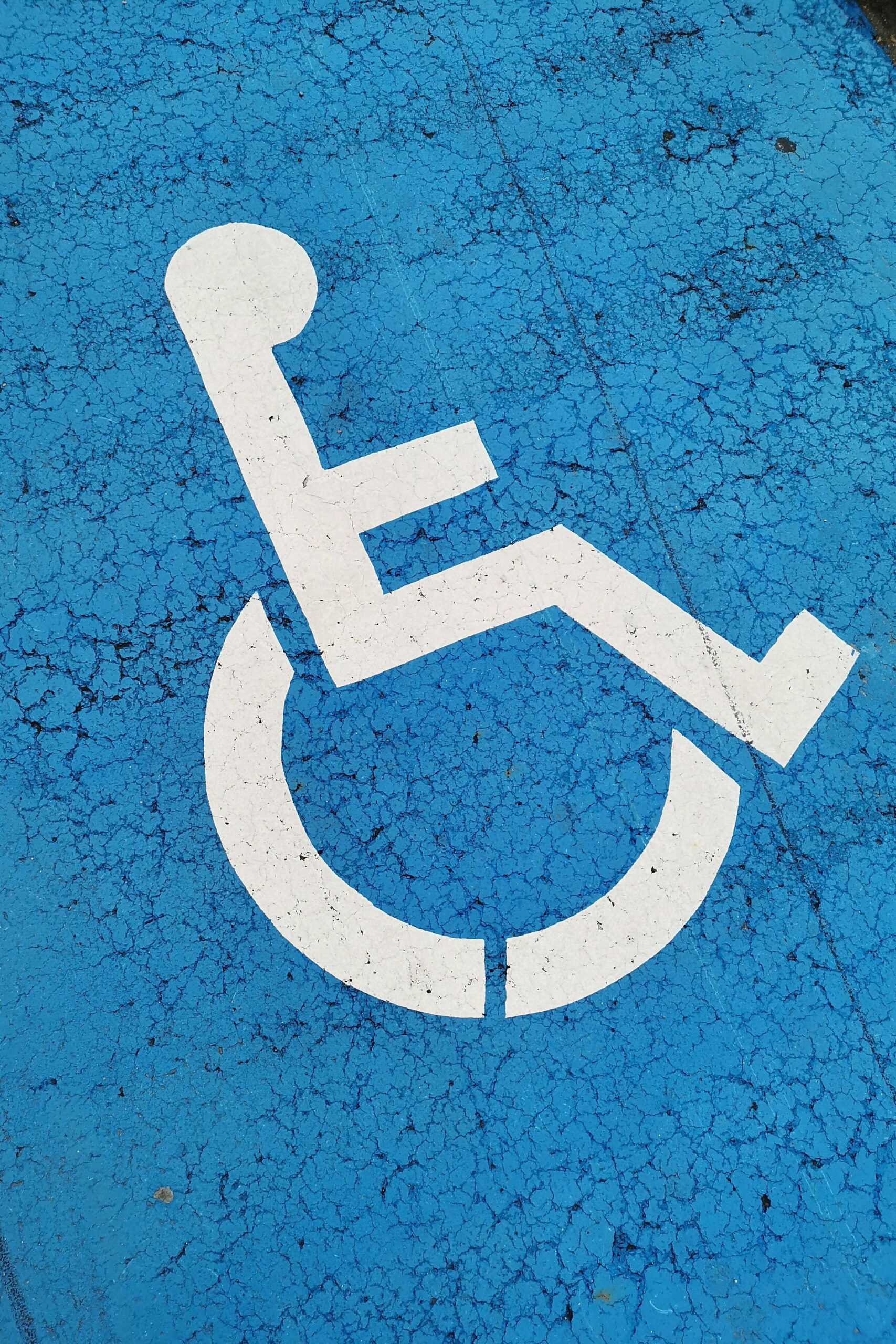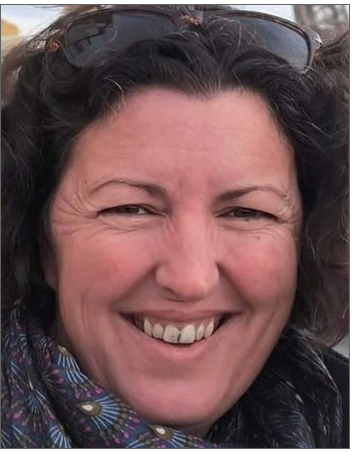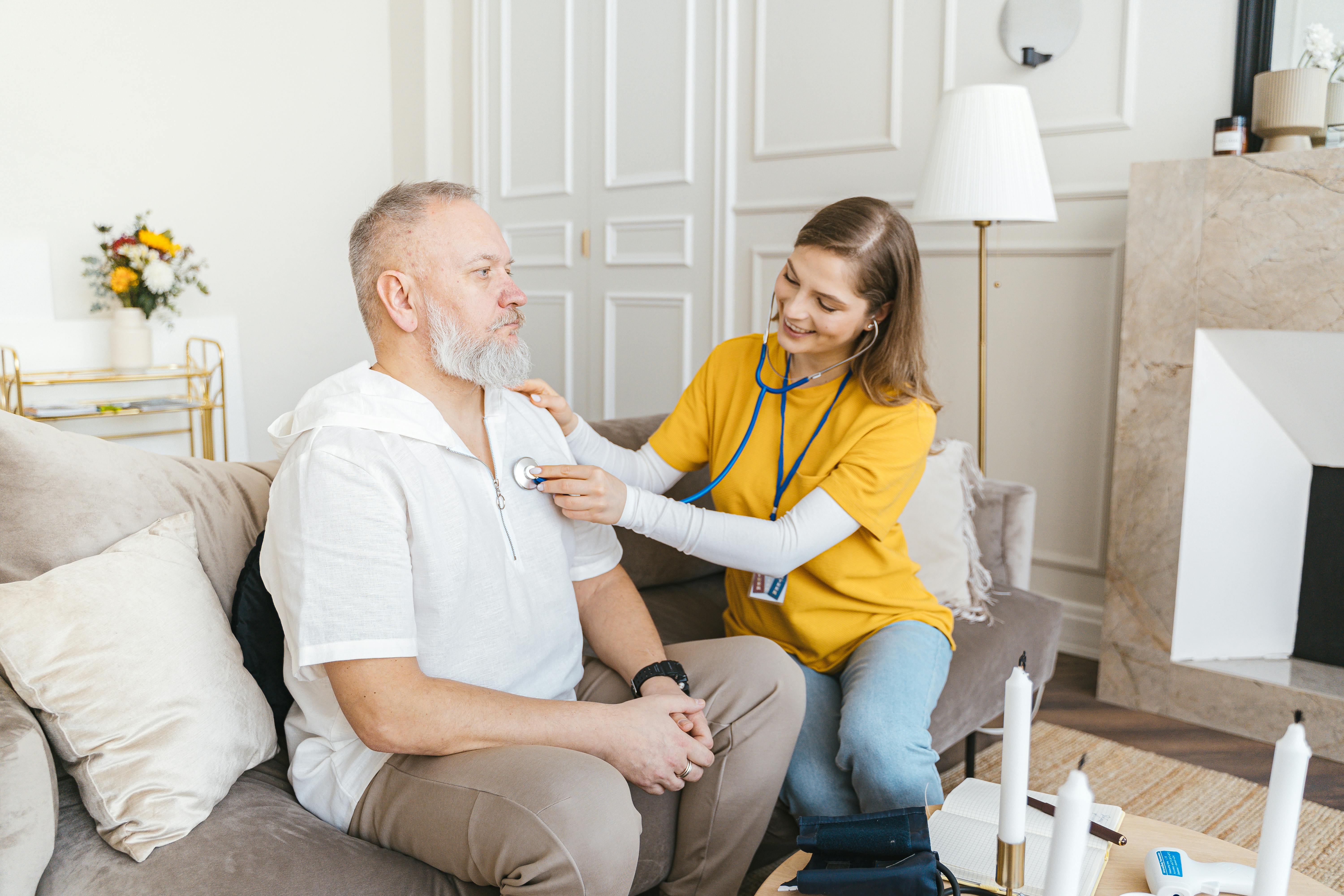As someone who raised a child with health issues in France, I know firsthand the challenges and obstacles that people with disabilities or mobility problems may face on a daily basis. However, I want to assure you that France provides a variety of assistance and support services to ensure the inclusion and well-being of individuals with disabilities. It can be reassuring to understand the procedures that are in place in France for people with disabilities or as they age. Knowing what resources are available, what care or support you are entitled to, and who to reach out to for help is a crucial starting point for planning for future eventualities.

Living in France with a disability
If you are living with or caring for someone who has a disability or mobility issue, it can have a significant impact on your life choices. However, I want to reassure you that France takes support, care, and assistance seriously and is continuously working to improve the lives of individuals with disabilities. Depending on the level and type of support required, there are various organizations and authorities that can provide assistance. France is making significant efforts towards inclusivity and equality for people with disabilities and mobility issues
Who can help?
If you need assistance with a disability, the Maison Départementale des Personnes Handicapées (MDPH) is the first point of contact you should consider. You can easily find their contact details by searching for “MDPH” and the name of your department on your favorite search engine. The MDPH is responsible for assessing disabilities and determining the appropriate support services. It is also a centralized resource that provides information, advice, and guidance on available assistance.
What can the MDPH offer?
Depending on the specific disability, there are various types of assistance available. The French government provides financial aid such as the Allocation Adulte Handicapé (AAH), which is a monthly financial assistance for adults with disabilities that guarantees a minimum income. Additionally, people may have access to the Prestation de Compensation du Handicap (PCH), a benefit specifically designed to cover related expenses associated with disabilities, including personal assistance, transport, and housing adaptions..
In order to obtain assistance, specific procedures need to be followed. An individual with a disability should start by submitting an application to the MDPH, including all the required medical and administrative documentation. After reviewing these documents, a multidisciplinary team will assess the level of disability and its impact on daily life activities. Based on this assessment, appropriate aides and support services will be determined.
Based on the level of disability recognition, various assistance options become available. The MDPH may provide financial support for the equipment necessary for daily living, such as adapted vehicles, mobility aids, or communication devices. Additionally, they can offer assistance for healthcare expenses, personal assistance, transport services, rehabilitation measures, and professional integration programs. They support children with disabilities in attending mainstream schools by providing necessary accommodations, such as adapted teaching methods, additional teacher support, and assistive technology.

The government offers financial aid through La Prestation de Compensation du Handicap (PCH), a benefit program aimed at assisting disabled individuals with their daily living expenses and necessary support services.
Aside from the Financial support from the MDPH also assists individuals in accessing appropriate healthcare. This includes providing information and guidance on the different healthcare services available, such as specalised medical consultations, rehabilitation, and assistive services. Furthermore, the MDPH provides assistance with employment and vocational training. They help find suitable jobs, adapt workspaces, and facilitate professional integration.
Other resources the MDPH offer
Aside from the AAH, the MDPH are also responsable for authorising disability cards. These take two forms. The catre mobilité inculsion or CMI can be either a disability parking card that allows you to park in disabled spots in public parking lots, or a priority card that allows you priority access to seats in waiting rooms and on public transport, and to ‘jump the queue’ in shops and get priority service. For those that work part time, there is the Prime d’activité . For a full list of the financial aids available please click here

Children with disabilities
For children with physical or educational difficulties there is a similar structure of financial and practical assistances also overseen mostly by the MDPH. These include the Allocation d’Education de l’enfant Handicapée (AEEH) and Allocation journalière de présence parentale (AJPP). The above mention carte mobilité is also available for children. And there are various forms of educational support including an individual assistant at school, technological assistance in the form of computers and their accessories and extra time for evaluations and exams. All of these measures are applied for via either the educational institution or the MDPH
.
Seniors in need
For seniors who are loosing their mobility or ability to live independently, there are a battery of assistance measures that can be put in place. The most well know of these is the Allocation Personnalisée d’autonomie (APA). This is a financial aide where a social worker and a medical professional will make an assessment of the personnes needs and autorise a number of hours and financial support per hour based on the health, independence and financial situation of the person. This allows for partial or full financial cover for caregivers to enter the home and provide the support needed.
Other organisations
In addition to the MDPH, several associations and organisations can provide support and guidance. These organisations often have a local presence and focus on specific disabilities, enabling individuals to connect with other facing similar challenges and access specalised resources.
The Association des Paralysés de France (APF) works tirelessly to improve the lives of disabled people through advocacy, awareness campaigns, and offering various services. The APF provides valuable assistance in areas such as housing, employment, education, and social integration.
Another essential organisation for disabled individuals in France is the Fédération Français des Associations de Personnes Handicapées et de leurs Amis (FFAPH). This federation acts as a platform for different regional associations, bringing together individuals with disabilities and their supporters. With a strong focus on promoting accessibility and fighting discrimination, the FFAPH offers comfort and an empowering community for disabled individuals across the country.
For individuals seeking employment, the Office National d’Information sur les Ensignements et les Professions (ONISEP) provides guidance and resources on available job opportunities, vocational training, and career development for disabled people. This invaluable resource ensures that individuals with disabilities have access to the necessary information and resources to excel in their chosen professions.
France has established numerous non-profit organisations focused on assisting disabled people. These organisations include L’Onsil (Organisation Nationale des Services d’Intervention et de Soutien aux personnes Handicapées), which provides specialised services for individuals such as respite care, adapted transportation, and professional training.
To sum up!
France has implemented several legislative measures to support disabled individuals outside of the MDPH. The Loi pour l’égalité des droits et des chances, la participation et la citoyenneté des personnes handicapées (Equality of rights and opportunities, participation, and citizenship of disabled persons law) ensures that public buildings, transportation, and public spaces are accessible to all.
Overall, by seeking support from the MDPH, connecting with relevant associations, and staying aware of individual rights, people with disabilities and mobility difficulties in France you can access the necessary assistance and resources to lead to a fulfilling and inclusive life. There is so much I could right on this subject, and in this blog, I have tried to cover the basics. If you have specific questions or would like to to cover a subject in more detail, please write me a comment. The support available in France is outstanding, but if you are struggling to know what is possible, or where to go to get help, I am here to guide you!






